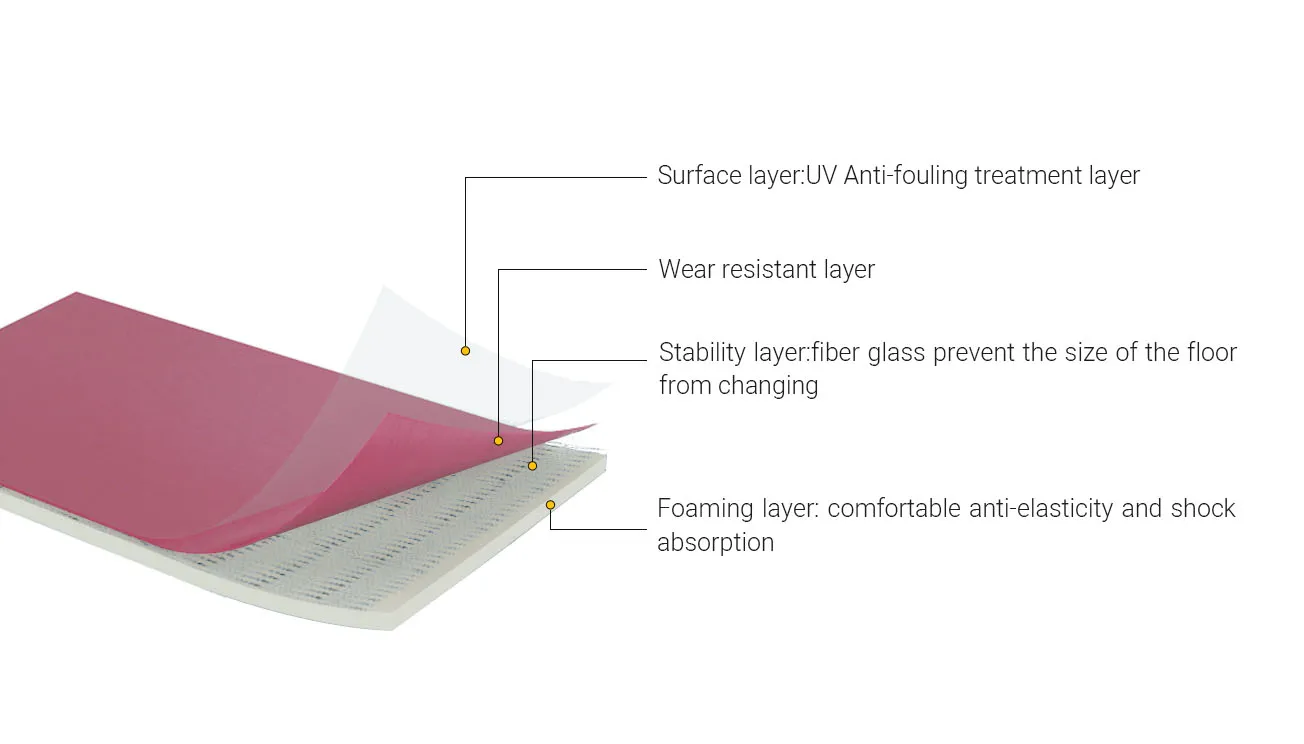tiles design for office floor
Tile Design for Office Floors Creating a Productive Environment
The design of office spaces has evolved significantly over the years, with increasing recognition of how the environment affects employee productivity and well-being. One of the crucial elements of office design is the flooring, and tile design has emerged as a popular choice for various reasons. In this article, we will explore the benefits of tile flooring in offices, the various design options available, and how to choose the right tiles to enhance your workspace.
Benefits of Tile Flooring in Offices
1. Durability and Longevity One of the primary advantages of tile flooring is its durability. Tiles are resistant to scratches, stains, and moisture, making them ideal for high-traffic areas such as offices. Unlike carpets, which can wear down over time, tiles can last decades with proper maintenance.
2. Low Maintenance Tile floors require minimal maintenance compared to other flooring types. Regular sweeping and occasional mopping are generally sufficient to keep them looking pristine. This low maintenance requirement means less disruption during office hours and reduced long-term costs.
3. Versatility in Design Tiles come in various materials, colors, shapes, and sizes, making them a versatile option for office design. From sleek modern looks to traditional aesthetics, there is a tile design to fit any office theme. This versatility allows businesses to create a unique identity and ambiance that resonates with their brand.
4. Sustainability Options Many tile manufacturers are now producing eco-friendly options, made from recycled materials or sustainable resources. Choosing sustainable tiles can contribute to a company's corporate social responsibility goals and appeal to environmentally conscious clients and employees.
5. Enhanced Indoor Air Quality Unlike carpets, which can trap allergens and dust, tile flooring does not harbor dust mites, mold, or bacteria. This feature is particularly important in offices, where air quality can impact employee health and productivity.
Design Options for Office Tiles
1. Ceramic and Porcelain Tiles These are among the most popular tile options for office flooring. They come in countless designs, patterns, and finishes. Glossy porcelain tiles can create a sleek and professional look, while matte finishes can add warmth to the workspace.
2. Vinyl Tiles Vinyl tiles are a cost-effective alternative that mimics the appearance of natural materials like wood or stone. They are water-resistant, comfortable underfoot, and available in a wide range of designs, making them suitable for various office styles.
tiles design for office floor

3. Natural Stone Tiles For a more luxurious option, natural stone tiles such as marble, granite, or slate exude elegance and sophistication. They can significantly enhance the aesthetic of an office; however, they require more maintenance and care.
4. Mosaic Tiles Mosaic tiles can be used creatively to create patterns or focal points in the office. They work well in reception areas, break rooms, or creative spaces where a vibrant design can inspire and energize employees.
5. Carpet Tiles A hybrid option, carpet tiles combine the comfort of carpeting with the practicality of tiles. They can be arranged in various patterns, providing flexibility in design while offering sound absorption benefits.
Choosing the Right Tiles
When selecting tile flooring for an office, several factors should be considered
1. Functionality Identify the areas of the office that will experience high traffic and choose tiles that can withstand the wear and tear.
2. Aesthetic Consider the overall design theme of the office. Select colors and patterns that align with the brand identity and create a cohesive look.
3. Comfort Consider the comfort level of the flooring. While tile is durable, adding area rugs can provide additional comfort in work areas and create a more inviting atmosphere.
4. Budget Tile options can vary significantly in price. It is essential to select tiles that fit within the budget while still meeting design and functionality needs.
Conclusion
In conclusion, tile design for office floors offers numerous benefits that can enhance both the aesthetic and functional aspects of the workplace. By choosing the right tiles, businesses can create an inviting, productive environment that supports employee well-being and reflects their brand identity. As office design continues to evolve, tile flooring will undoubtedly remain a timeless and versatile choice for organizations looking to foster a positive work culture.
-
Commercial Parquet Flooring: Considerations of Aesthetics, Practicality, And SustainabilityNewsApr.15,2025
-
PVC Sports Flooring: Performance, Applications, And Development TrendsNewsApr.15,2025
-
PP Interlocking Floor: a Paving Solution That Combines Functionality and SustainabilityNewsApr.15,2025
-
Plastic Flooring Tiles Outdoor: Practicality, Sustainability, And Development ProspectsNewsApr.15,2025
-
On the Application of PVC Flooring for Badminton Court in Badminton VenuesNewsApr.15,2025
-
Commercial Wood Flooring: the Balance Between Aesthetics, Functionality, And SustainabilityNewsApr.15,2025
-
The Ultimate Guide to Futsal FlooringNewsMar.27,2025

